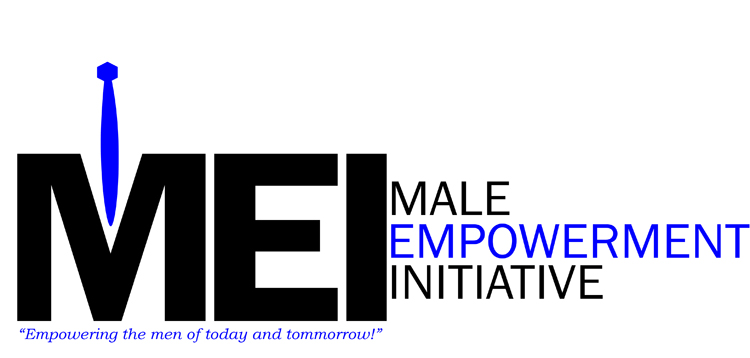
26 Nov Why We Need More Minority and Women Entrepreneurs
Across the United States, small businesses are a significant source of employment and provide a variety of goods and services. For those who are fortunate enough to own a small business, they can also offer a pathway to wealth building and prosperity. Unfortunately, the ownership, profitability, and even presence of small businesses is grounded in differences in capital finance and unevenly distributed by race—especially when comparing Black and white communities.
While Black Americans make up 13% of the U.S. population, they own less than 2% of small businesses with employees. By contrast, white Americans make up 60% of the U.S. population but own 82% of small employer firms. If financial capital were more evenly distributed and Black Americans enjoyed the same business ownership and success rates as their white counterparts, there would be approximately 860,000 additional Black-owned firms employing more than 10 million people.
Small business disparities are caused by stark and persistent inequities in wealth and access to capital. While the federal government has largely perpetuated rather than mitigated these challenges, it nonetheless has an important role to play in creating a more equitable business environment.
A study from the National Bureau of Economic Research shows that from February to April, the number of active black business owners fell 41%. According to one of the economists who wrote the study, “No group was immune to negative impacts of social distancing policy mandates and demand shifts. But the damage wasn’t spread evenly.”

What’s holding back women and minority entrepreneurs from gaining equal access to capital? One barrier is the limited access that many under-represented groups may have to social and professional capital in their networks: The family and community-based wealth that entrepreneurs typically tap during their earliest stages of ideation. At the emergent stage of a start-up, a few hundred thousand dollars can help a new venture get off the ground. These investors commit in hopes that as the startup matures, the enterprise will attract venture capital and private equity firms willing to commit millions to grow the business. These later stages of growth, unfortunately, remain beyond the reach of under-represented entrepreneurs if they cannot get initial funding to get their ideas off the ground in the first place.
Whether by necessity or ingenuity, minority-owned small businesses may be giving us an early sign of how US businesses will adapt in the wake of COVID-19. These businesses are experimenting with new ways of working to ensure their employees’ safety, offering monetary relief to employees and community members, and introducing new services such as free delivery to those who need it.
According to a recent poll of more than 1,000 small businesses nationwide, more than 40% of minority-owned small businesses have added new services to support their communities and employees, compared with 27% of their counterparts in other racial groups. Many minority entrepreneurs are optimistic about economic recovery in general: 56% of minority small-business owners reported that they were optimistic about post-COVID-19 economic conditions.



